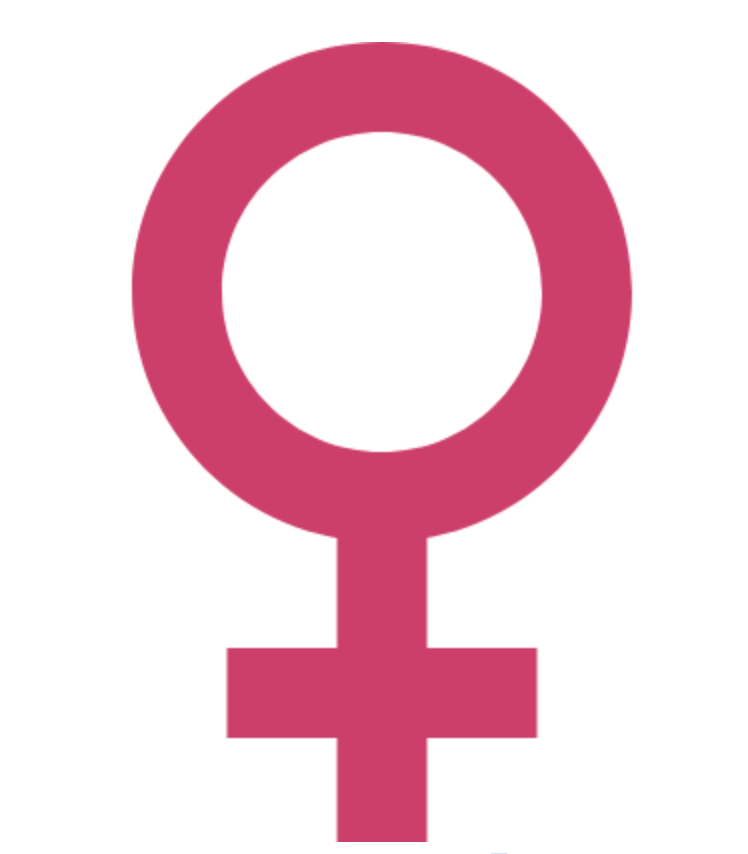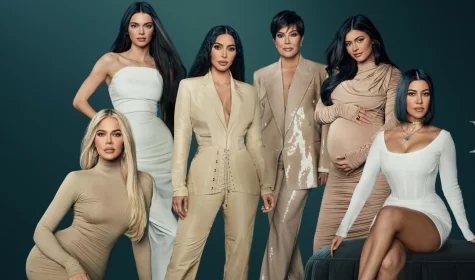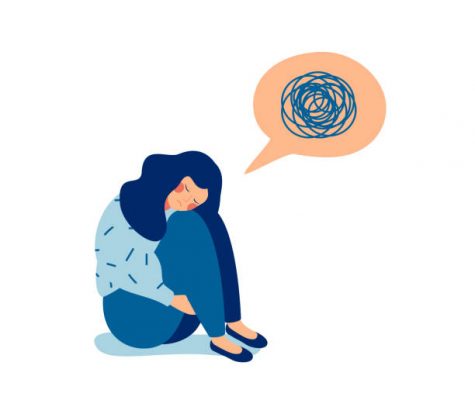Embracing femininity
Femininity is crucial to our society. Despite the negative light many shine on the concept, the ideas tied to femininity are necessary for us to grow closer and progress further. But what exactly fits into the idea of being feminine? Historically, it was simply the idea of being female. Someone with the right biology was classified as feminine, and thus the roles they had became tied to femininity. One was not a mother due to possessing specific traits, but because they were the only ones capable of birthing and feeding children, which then became necessary parts of their identity.
But as humanity developed, as we drew deep boundaries that forced us into different roles, those requirements changed. Femininity became styles of clothing, manners of speaking, the way one behaves and some physical attributes. As these classifications expanded, the further they could be projected onto other people and the easier it became to label someone as feminine. Experiencing a spectrum of emotion is seen as a feminine trait, despite any person being capable of it. Anyone can cry, be jealous of someone or care about their appearance. Anyone can wear makeup, put on a dress, have long hair or be soft-spoken and mild-mannered.
But as these traits shifted to being negative and the way society viewed women became twisted and hateful, those same ideas became frowned upon if you did not fit into all of them. People are required to fit into clearly defined boxes of what they are “meant” to be. Having feminine traits as a woman makes you lesser than a man—makes you weaker. Yet having masculine traits is unnatural and wrong. That ever-expanding list of labels was made into a checklist, traits that are required in order to be a “real” woman. On the other hand, being a man with feminine traits emasculates you, it forces you down with women into the identity of wrong and weak. You cannot express a single one of the characteristics on that checklist, despite how natural or simple they are.
But femininity is not inherently bad, and it certainly is not weak. Caring about the way you look and the way you present yourself to others allows you to focus on self-expression, and gives you a way to feel in control of yourself. Feeling emotions is human and emotions give you a way to bond with others. The experience of being clustered under the identity of femininity itself has made it possible for people to connect and for us to come together to fight as one for the rights of all. Femininity is the fuel of change, and the basis of human connection. The ideas that make up femininity are not wrong or inferior, but instead something we should all strive for. We should be proud of femininity.













